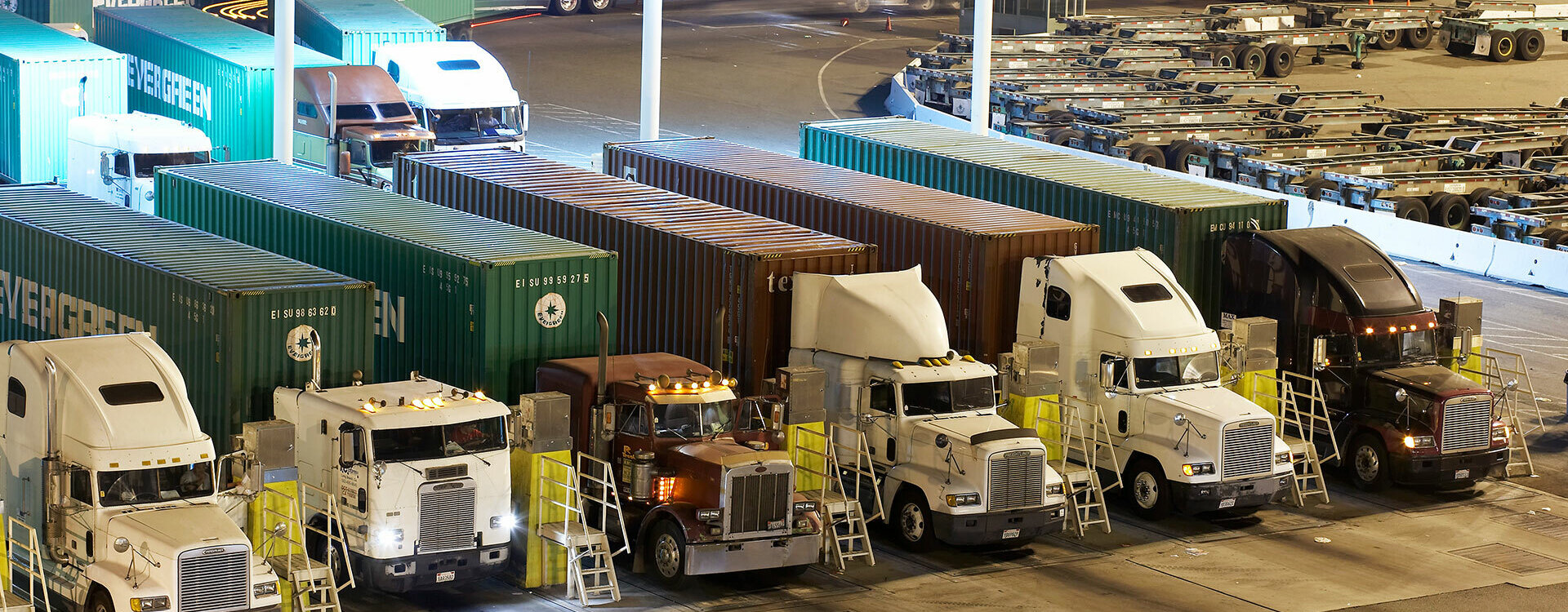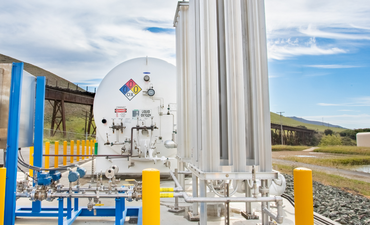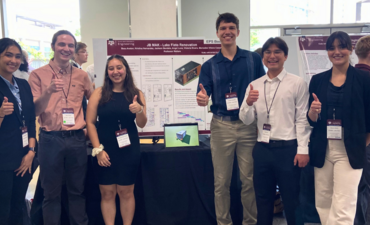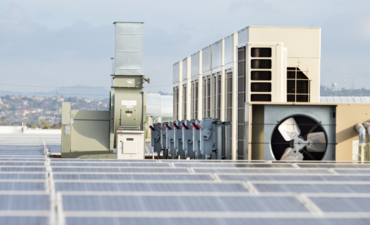
'Your expedited estimated shipping time is 20–25 weeks from date of purchase.' Sound familiar? You're not the only one experiencing the effects of the current supply chain disruptions.
Material procurement delays, cost increases, labor availability, and disrupted manufacturing are just a short list of major challenges many companies are facing due to supply chain disruption and inflation. Specifically, many HVAC companies are reexamining their relationship with parts and material suppliers as they pursue jobs and complete projects.
Navigating supply chain challenges in the HVAC industry
In today's market, procurement prices should not be the only factor for an HVAC company deciding who to source their materials and parts from. HVAC companies should seek suppliers who can cut down expected lead times, align with project expectations, and place an emphasis on timely communication and execution.
This is important for HVAC companies because companies are unable to pursue projects when they can't procure the materials and parts on time. Why? Well, you can't sell what you don't have.
Partnering with the right suppliers
HVAC companies should partner with suppliers who align with project expectations and goals. For example, a supplier who reminds you about additional parts necessary with a particular order can be a lifesaver. And finally, an even better supplier is one who gives you a heads up on an expected delay for a certain part, filter, or component. This information can save you from huge headaches when an upcoming maintenance visit is scheduled.
Sigler SoCal Engineering's Sean Sigler shared, "The industry-wide practice of just-in-time manufacturing has been severely disrupted and doesn't appear to be improving. Not only have lead times been dramatically extended, but they have also changed rapidly due to component availability. Having the ability to design projects based on what product is available will offer a major advantage to companies trying to accommodate an expedited schedule."
Looking forward
Strong partnerships with equipment and parts suppliers are now crucial in order for HVAC companies to survive the uncertain market conditions ahead.
To navigate this new landscape, companies have an opportunity to evolve supply chain planning and reposition the HVAC industry for growth. As the HVAC industry becomes smarter, more automated, and increasingly data-driven, being able to evaluate supply chain scenarios and prioritize demand will be helpful. Tough economic times are expected to continue, so adapting and being resilient as a company is more important than ever.
Sales Account Consultant
As Sales Account Consultant, Tyler Meinecke focuses on delivering facility maintenance solutions for new commercial clients and markets within our Southern California Division. His active involvement with the International Facility Management Association (IFMA) and at educational events and seminars within the industry helps him to advise companies regarding their facility maintenance goals.




